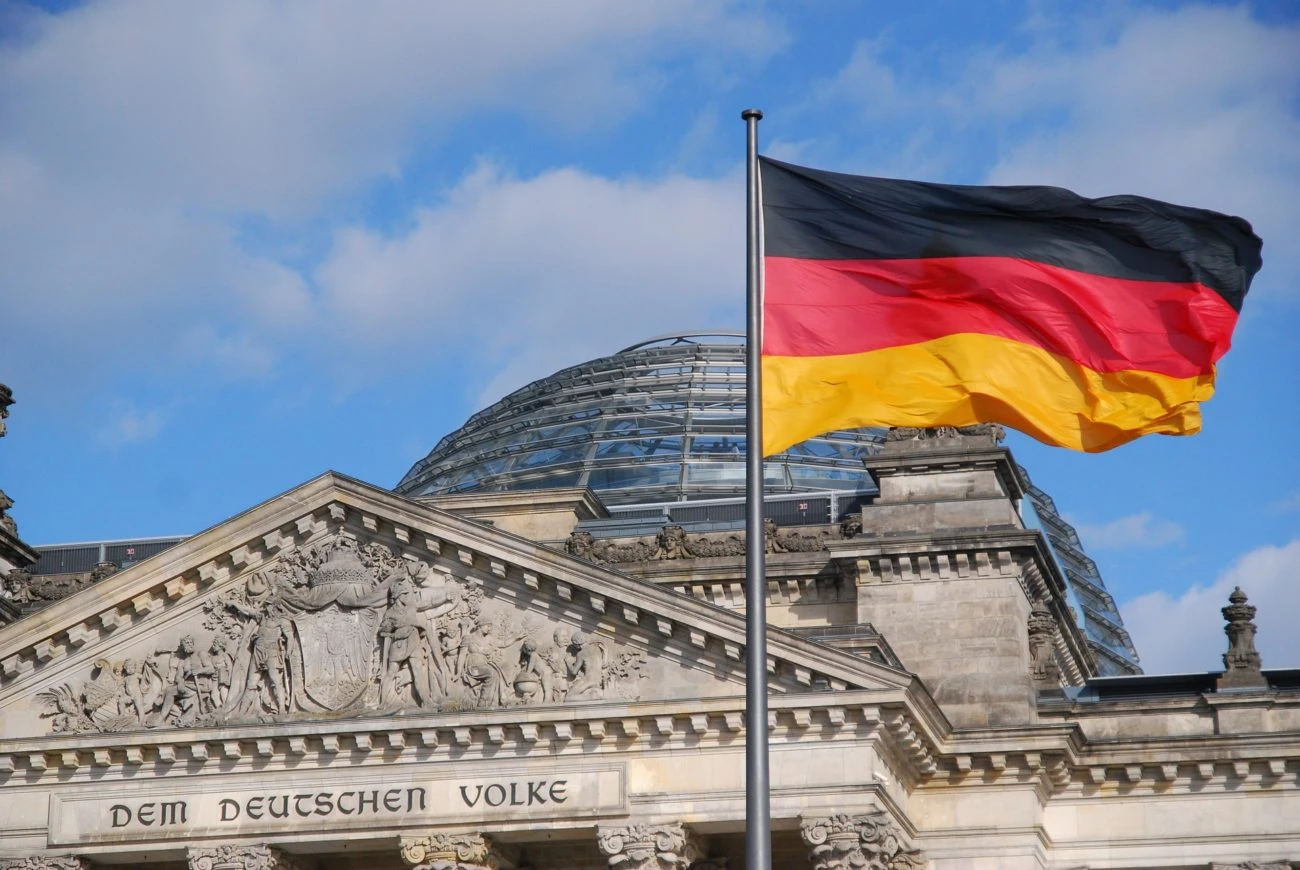German regulator urges greater cooperation from licensed operators

The GGL officially assumed responsibility for regulation in Germany at the turn of the year, in line with the Fourth State Treaty on Gambling that came into force in July 2021.
Reflecting on these opening months in a session at the Research Centre for Gaming at the University of Hohenheim, Ronald Benter, who heads up the GGL with Benjamin Schwanke, said that while it had been a positive period, licensees need to work more closely to help the regulator tackle illegal activities.
“We are well on the way to creating an attractive legal market,” Benter said. “The majority of permit applications have been approved. Nevertheless, we still see insufficient cooperation on the part of online gambling providers.
“This applies to both the payment of security deposits and defects in the individual games submitted in the field of virtual slot machines. This delays the permitting process and prevents faster channelling from the illegal to the legal market.
“We pull together with the providers willing to legalise and together pursue the goal of creating a level playing field while complying with the protection of players and minors. But we would like to see more effort on the part of the providers here.”
Illegal operations
Benter also spoke about how the GGL has been clamping down on illegal activities in the country, referencing how the organisation this week issued a five-figure fine – the exact amount of which was not specified – to an unnamed operator that violated advertising rules.
According to Benter, since the GGL took control of regulation, a number of providers have withdrawn from Germany while, by working with payment service providers, he said the number of deposit options for players with unlicensed sites has been reduced.
“According to our market analysis, the channelling rate is well over 95%, which means that up to less than 5% of the betting stakes are placed with the permitted sports betting providers according to the tax data of the Federal Ministry of Finance,” Benter said.
In terms of blocking illegal operators, Benter said court proceedings remain ongoing, adding that while initial decisions were only made in the urgent legal matters, main-matter cases are still pending.
“We remain optimistic that the instrument of network blocking will ultimately be upheld by the courts as a last resort in the fight against illegal online gambling,” Benter said.
“The GGL is picking up speed in the fight against illegal gambling, including in the area of sports betting and related advertising. We will make success measurable on the basis of the data collected at GGL.”
